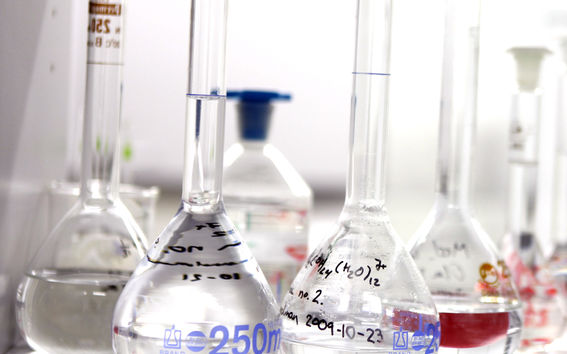Continuing studies in a different school of technology after a Bachelor's degree
Continuing studies in a different school of technology after a Bachelor's degree
The Master's Programme in Chemical, Biochemical and Materials Engineering is organized by the School of Chemical Engineering.
This master's programme is being discontinued as a result of a redesign of master's studies at the School of Chemical Engineering. You can find more information and answers to frequently asked questions on the Master's portfolio renewal - Student information page.
The Master's portfolio renewal - Student information page offers information for both bachelor's and master's students. BSc students can learn how to continue to one of the new MSc programmes from bachelor's studies. MSc students can find out about how to continue studies in one of the discontinued MSc majors or how to transfer to one of the new MSc programmes during the transitional period, which ends on 31 December 2025. The page is being regularly updated, and will eventually also include the course substitution tables and link to the transfer application form.
Until July 2024, if you are graduating with a bachelor's degree from a school of technology at Aalto University and fulfil certain requirements, you may continue to a major in the Master's Programme in Chemical, Biochemical and Materials Engineering.
Kemian tekniikan kandidaattiohjelma/Kandidatprogram i kemiteknik

Continuing studies in a different school of technology after a Bachelor's degree




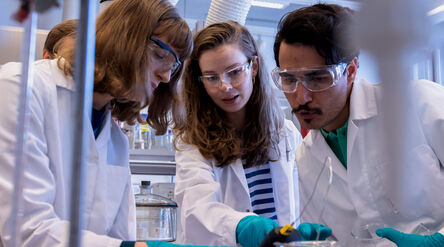
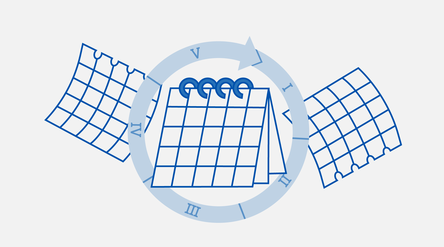


Bioproducts Engineering educates future sustainability professionals who develop innovative, bio-based solutions for a greener economy.
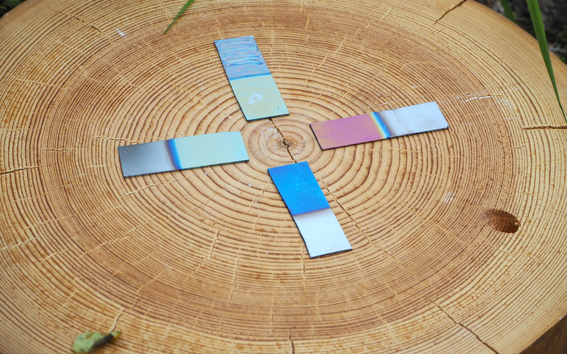
The Master’s Programme in Biotechnology is for visionary engineers who want to develop new or improved bio-based solutions and technologies.
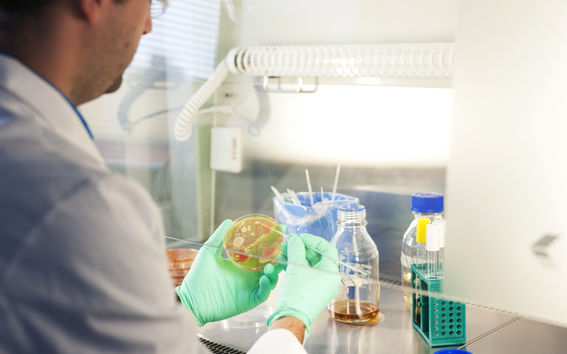
Across all industries, the importance of environmentally responsible process design, development, and implementation is rapidly growing.
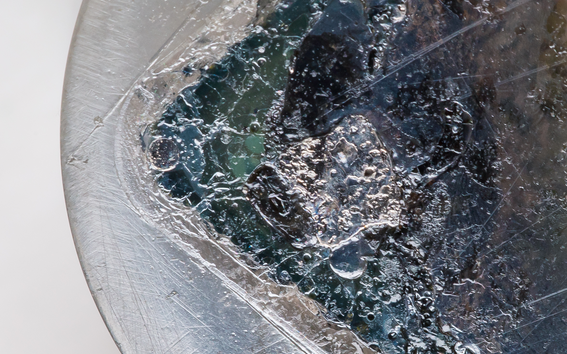
The development of new molecules and materials has an essential role in building a more sustainable future.
